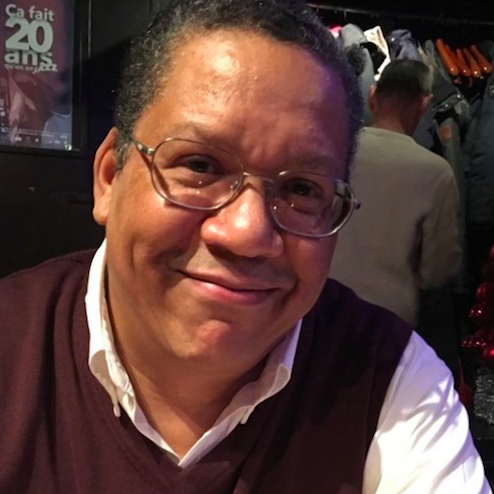
(Image: MontyLov/Unsplash)
People in low-income communities increased their earnings by up to 33 percent after receiving reading glasses, according to a new study. It found that the glasses improve livelihoods and quality of life while reducing poverty.
The research, called THRIVE (Tradespeople and Hand-workers Rural Initiative for a Vision-enhanced Economy), was conducted by the social enterprise VisionSpring, the Bangladesh-based international development organization BRAC and Queen’s University Belfast.
“We have always understood that with glasses, it’s not about the glasses, it’s about everything that comes afterwards,” VisionSpring CEO Ella Gudwin told TriplePundit. “It’s about earning, learning, safety and wellbeing ... We can intuit that our functioning, productivity, and income are impacted if we don’t have eyeglasses. And the same is true for people who are in low-income settings.”
The THRIVE trial included 824 people, with an average age of 47, across Bangladesh communities engaged in farming and artisan crafts. Some participants were teachers, tailors, shopkeepers and mechanics.
“Tailors will tell you they lose their customers because their stitches and hems aren’t straight, or they’re constantly relying on somebody else to thread their needle,” Gudwin said. “If you’re a farmer, you’re looking at your mobile phone to look at the weather reports, or to transact in the marketplace because many, if not most, farmers now are using mobile banking platforms. They have to be able to look at the quality of their seeds. They have to be able to identify pests, and they have to be able to read pesticide instructions. There are lots of tasks that enable somebody to be able to do their job with greater precision and accuracy if they’re wearing glasses that ultimately leads to an income boost.”
The root of the problem is presbyopia, the natural, gradual loss of the eye’s ability to focus as people grow older. It’s present in more than 1 billion people globally. Of the 35- to 65-year-olds tested for trial, 50 percent had presbyopia, demonstrating the potential to benefit a large, important group with an inexpensive intervention.
“[Presbyopia] is a hidden problem in the health sector because it doesn’t kill anybody, and so it doesn't have an urgency on it,” Gudwin said. “VisionSpring, from the beginning, has always understood eyeglasses as a livelihoods intervention. We were founded on the idea that a billion people need glasses globally, and more than 800 million of them just need over-the-counter reading glasses, just need magnifying glasses.”
This lack of urgency can be addressed with lower-level health workers, she said. All the vision tests in the trial were conducted by non-medical personnel and the reading glasses were dispensed by community health workers, proving that this approach can work. Last year, the World Health Organization started using the same method.
Participants experienced a number of benefits on top of increased earnings. Some of those who were not working returned to work and participants’ sense of independence and ability to do daily tasks improved. And they didn’t need to be able to read to reap these benefits — 35 percent of the people participating were literate.
“The findings of the THRIVE study demonstrate the power of reading glasses in helping reduce poverty,” Nathan Congdon, the Ulverscroft chair of global eye health at Queen’s University Belfast, said in a statement. “For the cost of only a few dollars a pair, reading glasses have a significant and sustained impact on an individual's earnings and help others get back into work. Where people are vulnerable to poverty, we can have an immediate and dramatic impact on livelihoods through this extremely simple and cost-effective intervention.”
Homepage image: Caleb Woods/Unsplash

Gary E. Frank is a writer with more than 30 years of experience encompassing journalism, marketing, media relations, speech writing, university communications and corporate communications.














